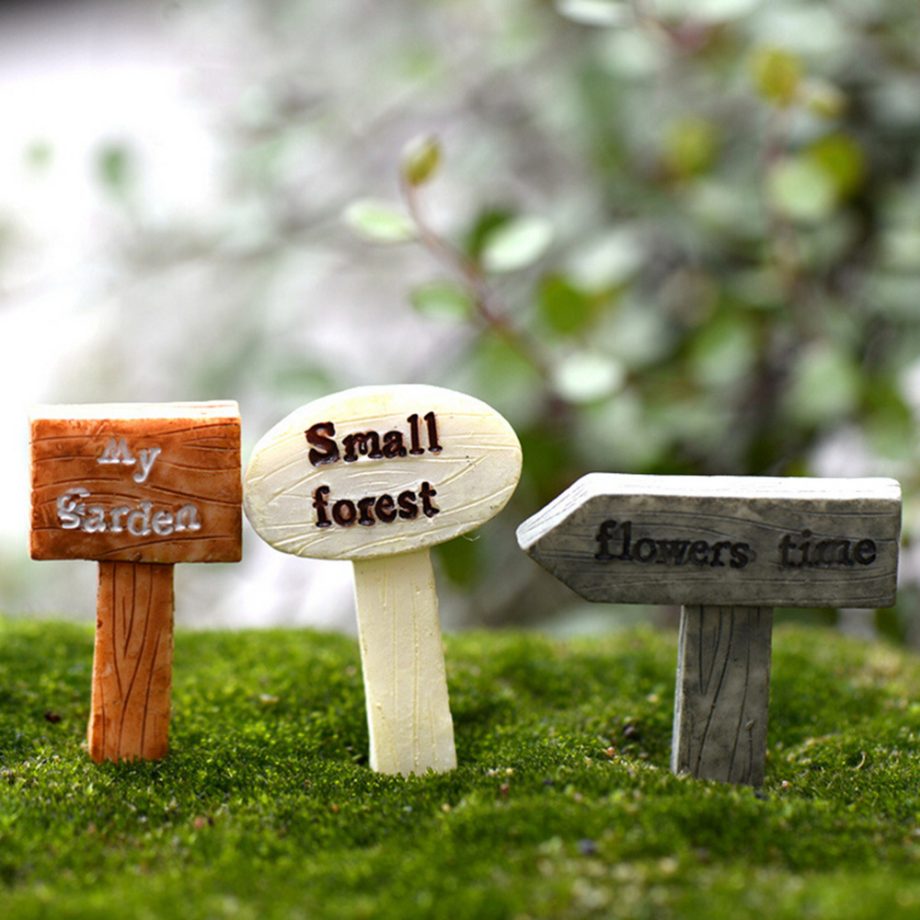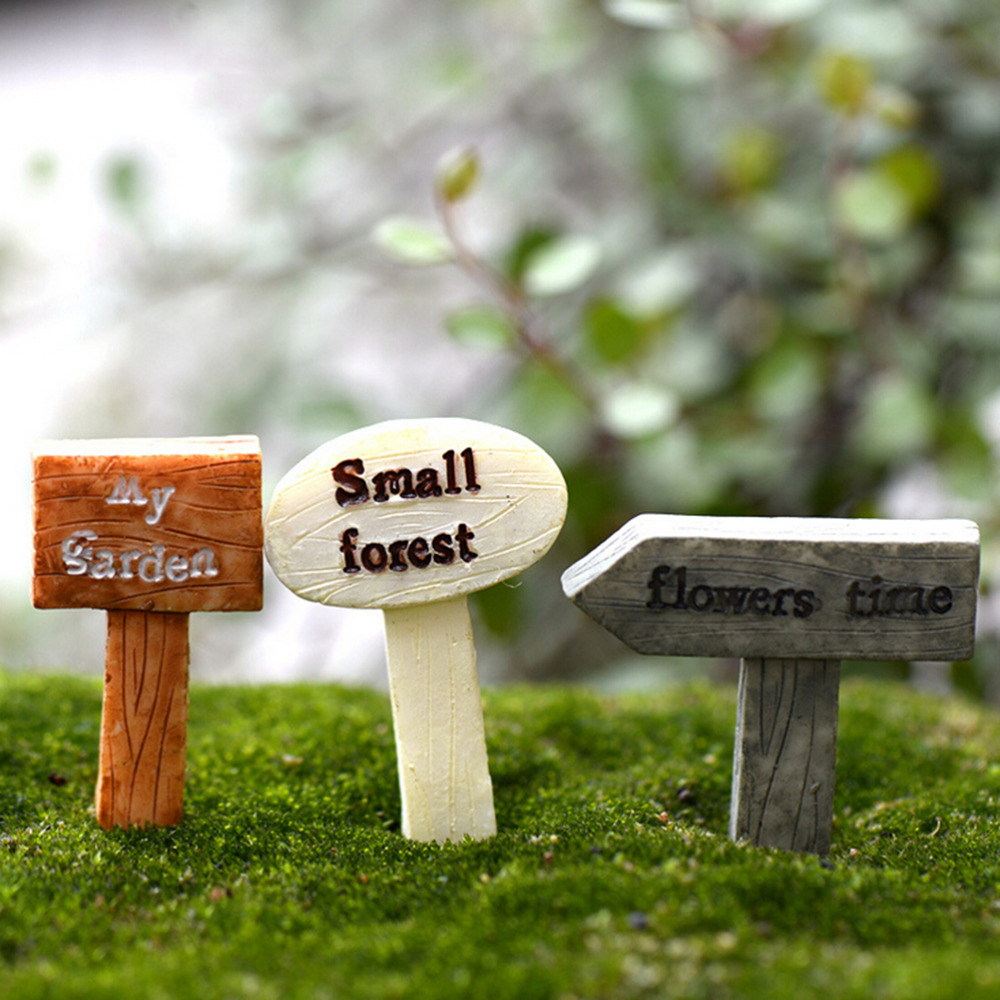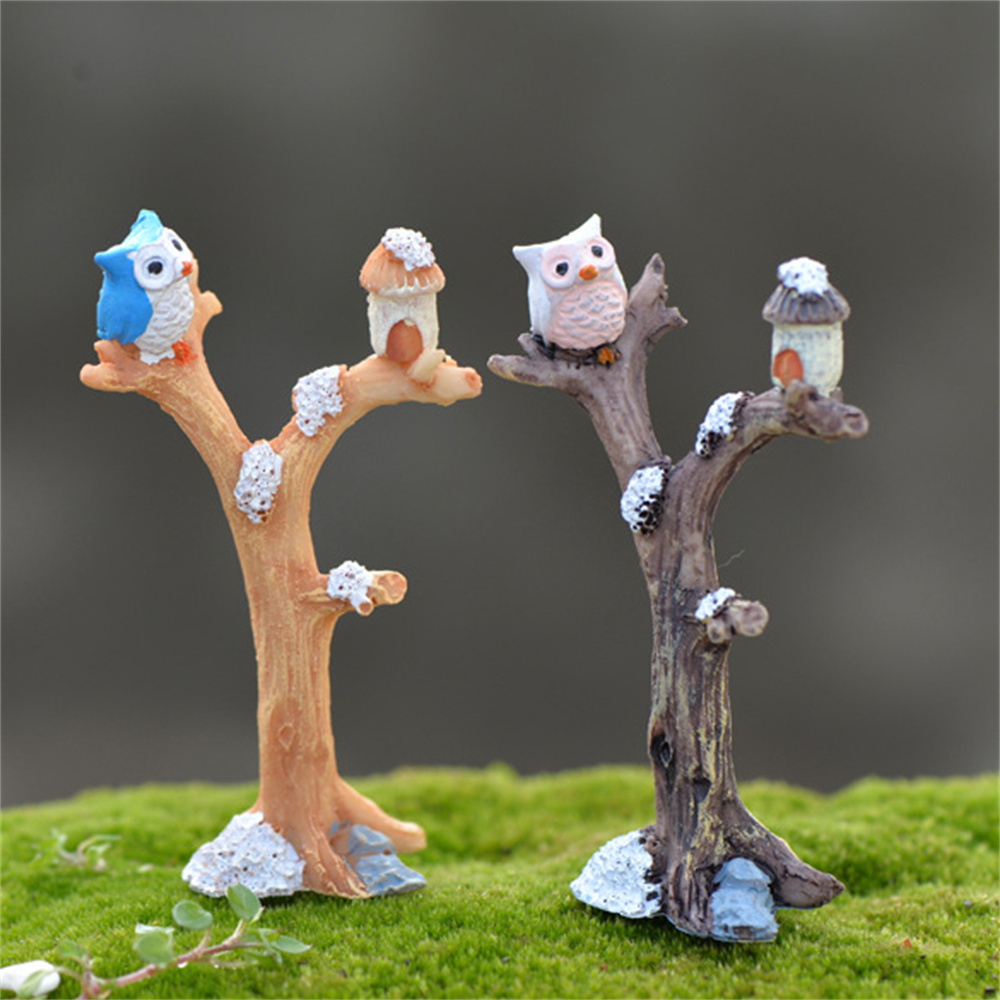Finding Tranquility: Discover the Art of Miniature Zen Gardens

In our fast-paced world, finding moments of tranquility and peace amidst the chaos can be challenging. However, there is a solution that brings a sense of calm and serenity to your living space – miniature Zen gardens. In this blog post, we will delve into the art of creating and enjoying these tiny delights, exploring their history, design elements, and the benefits they bring to your well-being.
The Essence of Zen Gardens: Understanding the Origins
- Zen Buddhism and Japanese Influence: Zen gardens, also known as “kare-sansui,” originated in Japan and were influenced by Zen Buddhism. They were designed to facilitate meditation and reflection, providing a space for inner peace and contemplation.
- Minimalism and Symbolism: Zen gardens embrace simplicity and balance. They incorporate natural elements like rocks, gravel, sand, and carefully placed objects to symbolize mountains, water, and islands.
Designing Your Miniature Zen Garden: Key Elements to Consider
- Container Selection: Choose a shallow tray or dish as the base for your Zen garden. Traditional options include ceramic or wooden trays. Ensure that it is large enough to accommodate the elements you plan to include.
- Raked Patterns in Sand: Raking patterns in sand or gravel is a signature element of Zen gardens. Use a small rake or a fork to create smooth, flowing lines or concentric circles. These patterns promote relaxation and a sense of tranquility.
- Rocks and Stones: Select rocks of different sizes and shapes to represent mountains or islands. Place them strategically within the garden, keeping in mind the principles of balance and harmony.
- Minimalist Plant Selection: Opt for small, low-maintenance plants like bonsai trees, moss, or miniature succulents. These plants add a touch of greenery and bring a sense of life to your Zen garden.
- Optional Water Features: If space allows, consider adding a small water feature like a miniature fountain or a tiny pond. The gentle sound of flowing water enhances the soothing ambiance and promotes a sense of tranquility.
Creating a Meditative Experience: Benefits of Miniature Zen Gardens
- Stress Relief and Relaxation: The act of raking patterns in sand or simply observing the minimalist design can help calm the mind and reduce stress. The repetitive motions induce a meditative state, promoting relaxation and mental clarity.
- Mindfulness and Focus: Engaging with your miniature Zen garden encourages mindfulness and present-moment awareness. It allows you to focus on the task at hand, promoting a sense of inner peace and improved concentration.
- Indoor Oasis: Miniature Zen gardens provide an opportunity to bring nature indoors, even in small living spaces. They offer a connection to the natural world, fostering a sense of tranquility and well-being.
- Personal Expression: Designing your Zen garden is a creative endeavor that allows you to express your unique style and aesthetic preferences. You can tailor it to reflect your personality and create a space that resonates with you.
Care and Maintenance: Keeping Your Zen Garden Pristine
- Regular Maintenance: Gently rake the sand or gravel to refresh the patterns and maintain a clean appearance. Remove any debris or fallen leaves to preserve the garden’s harmony.
- Water Feature Care: If you have a miniature fountain or pond, ensure proper maintenance to prevent stagnation and keep the water clean. Regularly check the water levels and clean the components as needed.
- Pruning and Trimming: If you have plants in your Zen garden, prune and trim them regularly to maintain their shape and prevent overgrowth. Remove any dead or yellowing leaves to keep your garden vibrant and harmonious.
In a world that often feels chaotic and fast-paced, miniature Zen gardens offer a haven of peace and tranquility. By incorporating simple design elements and embracing the art of mindfulness, you can create a serene oasis within your living space.


